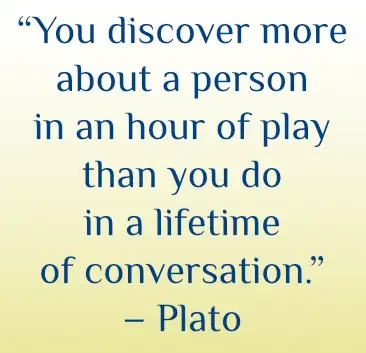Whether your child was born this way, experienced a gradual shift, or underwent a sudden change in their emotional or behavioral state, play therapy may offer valuable support. Events such as loss, moving, death, nonconformity, natural disasters, social anxiety, bullying, trauma, fears, and auditory or visual experiences can all significantly impact a child’s life. These effects may manifest as high anxiety, repetitive behaviors, extreme anger, difficulties with friendships, low motivation, diminished self-worth, fearfulness, nightmares, or suicidal thoughts, among others.

My approach is gentle, allowing the child to lead the process to avoid overwhelming them. In working with children, we communicate through the language of play. My practice has evolved over the years as I gained experience and navigated various life events. While I used to have a room filled with carefully selected toys, I’ve learned that children do not need a plethora of options to process their emotions. I am now often in their own spaces (via video calls), surrounded by their art, stuffed animals, books, and other familiar items. This approach allows me to engage more fully with their world.
The children I’ve worked with in person have taught me that play therapy can be highly effective through video calls. I’ve now seen enough success with this method to know it works even with children I’ve never met face-to-face. All I require is a private space and a stable internet connection; the child simply needs to be present.

Play therapy builds on the natural ways children learn about themselves and their relationships with the world around them. Because many children do not have the verbal skills to express their feelings, toys serve as their words, and play becomes their language. The child leads each session, deciding what they want to explore, which allows them to process their feelings at their own pace. I trust children to know what they need.
An exciting aspect of this work is that focusing on one issue can positively influence other areas of a child’s life.
Preteens often come in wanting to talk, presenting scenarios about friends, family, or personal challenges. We explore different perspectives and the narratives they tell themselves. If necessary, I teach relaxation techniques. Those who feel nonconforming may experience isolation and struggle to understand their peers’ behaviors.
Some benefits of play therapy include:
- Increased self-esteem
- Enhanced self-confidence
- Reduced feelings of isolation
- Stabilized sleeping patterns
- Greater accountability
- Improved social skills
- Increased focus and concentration
- Development of healthy coping skills
- Decreased compulsive behaviors
- Acknowledgment of feelings and emotions
- Connection with one’s self
- Greater independence
- Enhanced personal empowerment
- Reduced fearfulness
- Healthier relationships
- Learning to self-soothe
- Decreased anxiety
- Reduced anger
As therapy comes to a close, I often hear from parents that “it’s like they have grown up.” By the end of our work together, a child’s emotional, chronological, and behavioral ages align, empowering them to take charge of their lives.
